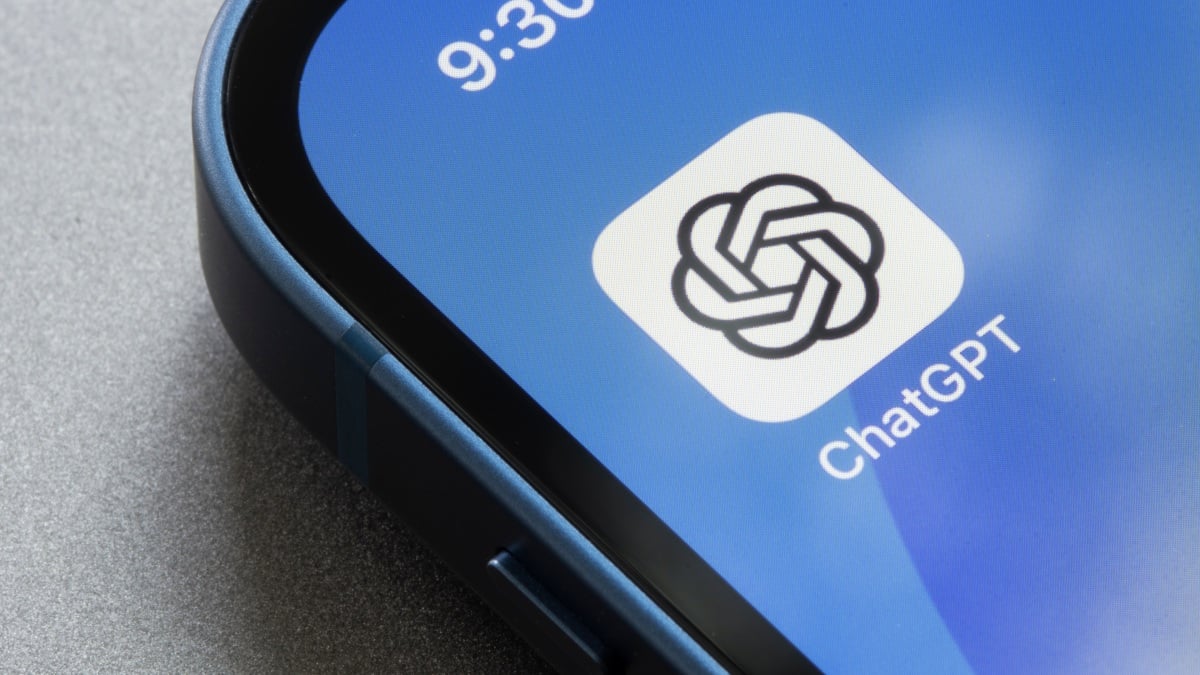
OpenAI unveiled GPT-5 on Thursday, claiming it to be their most advanced model yet. However, early feedback from users suggests otherwise. Reviews on platforms like r/ChatGPT indicate dissatisfaction, with posts criticizing the model’s performance and OpenAI’s sudden deprecation of previous models like GPT-4o, o3, and 4.5. These older versions were popular for their specific strengths, with some users even canceling subscriptions due to the unexpected changes.
GPT-5 Criticisms
Users express disappointment with GPT-5’s capabilities, highlighting issues like its incorrect answer to simple questions and poor performance compared to competitors. Examples include its failure to count correctly in words and solve simple equations. Many find the abrupt removal of older models particularly troubling as they were integral to various personal applications and tasks.
There are frustrations over the auto-switching feature in GPT-5, which selects models automatically based on query complexity. While OpenAI promotes this as beneficial, manual model selection remains an option only for those on the Pro plan costing $200 per month. This has led to criticism about lack of transparency and user control.
Not everyone is against GPT-5, as some users appreciate its concise responses and swift performance. However, the general sentiment on social media and forums seems largely negative or mixed.
4o Returns
In response to complaints, OpenAI CEO Sam Altman announced adjustments including increased rate limits for Plus users, improved GPT-5 performance, transparency about model selection, and simplified manual model choosing. Importantly, GPT-4o has been temporarily reinstated for Plus subscribers. This suggests OpenAI is receptive to user feedback and may reconsider its model deprecation strategy.
The reception and decisions around GPT-5 highlight the complexities of AI model rollouts and user expectations. The situation continues to evolve as OpenAI addresses user concerns and adjusts its offerings.
Disclosure: Ziff Davis, Lifehacker’s parent company, has filed a lawsuit against OpenAI for alleged copyright infringement.

